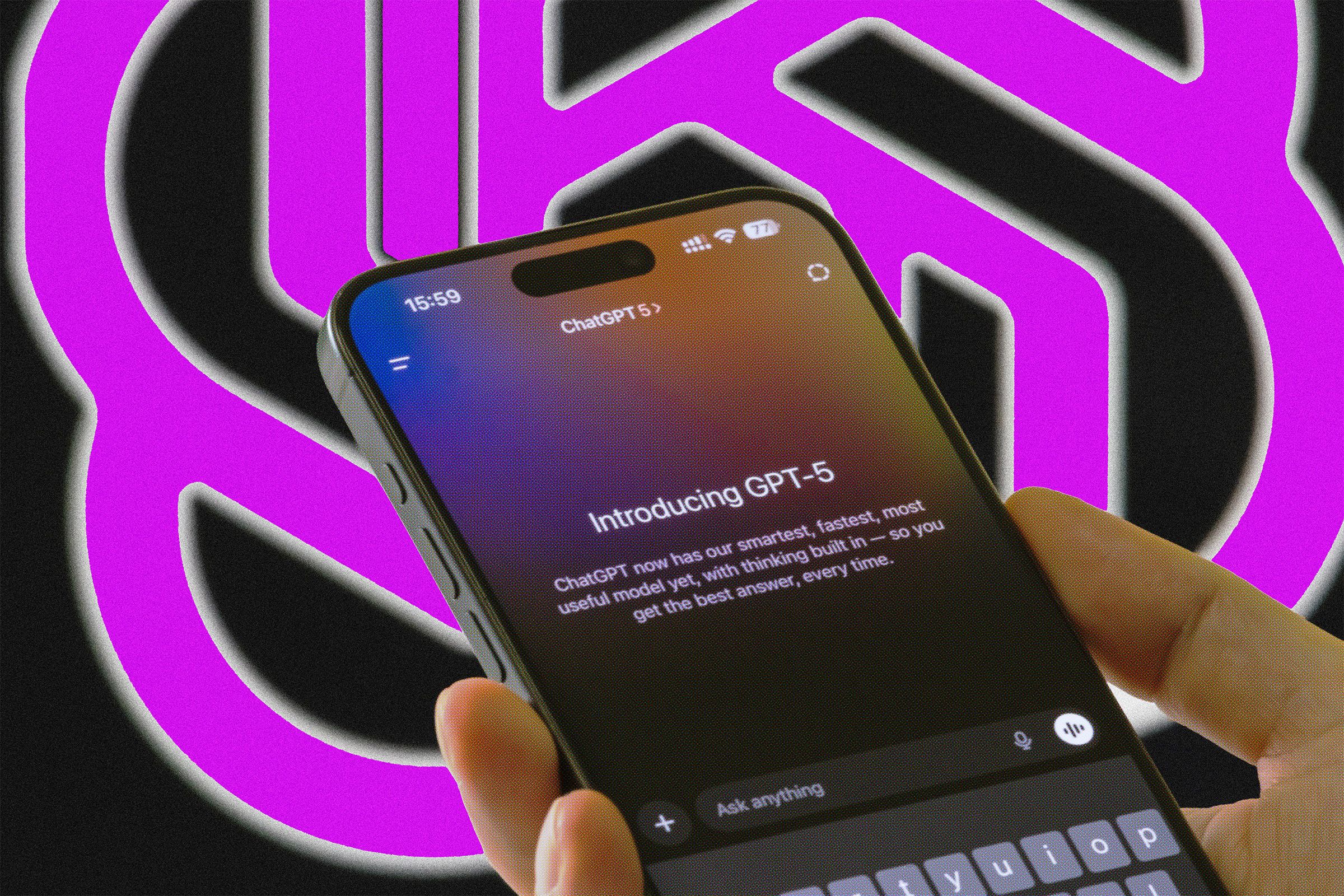Hackers Hijacked Google’s Gemini AI With a Poisoned Calendar Invite to Take Over a Smart Home
In a stunning display of cybercrime, hackers were able to infiltrate Google’s Gemini AI system by sending a tainted calendar invite to a smart home owner. The invite, which appeared to be innocuous at first, contained malicious code that allowed the hackers to gain control over the entire smart home network.
Once inside the system, the hackers were able to access the homeowner’s personal information, control smart home devices such as thermostats and security cameras, and even listen in on private conversations. The homeowner was completely unaware of the breach until it was too late.
Google’s security team quickly sprang into action, working tirelessly to identify the source of the breach and develop a patch to protect other users from falling victim to similar attacks. However, the incident served as a stark reminder of the potential dangers of interconnected smart home devices.
The hackers responsible for the attack remain at large, their motivation and ultimate goal still unknown. In the meantime, smart home owners are urged to exercise caution when receiving unexpected calendar invites or any suspicious messages, and to regularly update their security software to protect against potential threats.
As the Internet of Things continues to grow and evolve, it is crucial for companies like Google to remain vigilant in the face of increasingly sophisticated cyber threats. The Gemini AI breach serves as a wake-up call for all tech companies and smart home users to prioritize security and stay one step ahead of hackers.
Ultimately, the incident highlights the urgent need for greater cybersecurity measures, not just in the realm of smart homes, but across all aspects of our increasingly digital lives. As technology continues to advance, so too must our efforts to protect ourselves and our data from those who seek to exploit it for malicious purposes.



